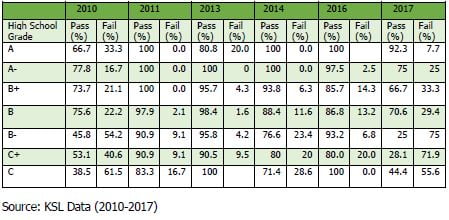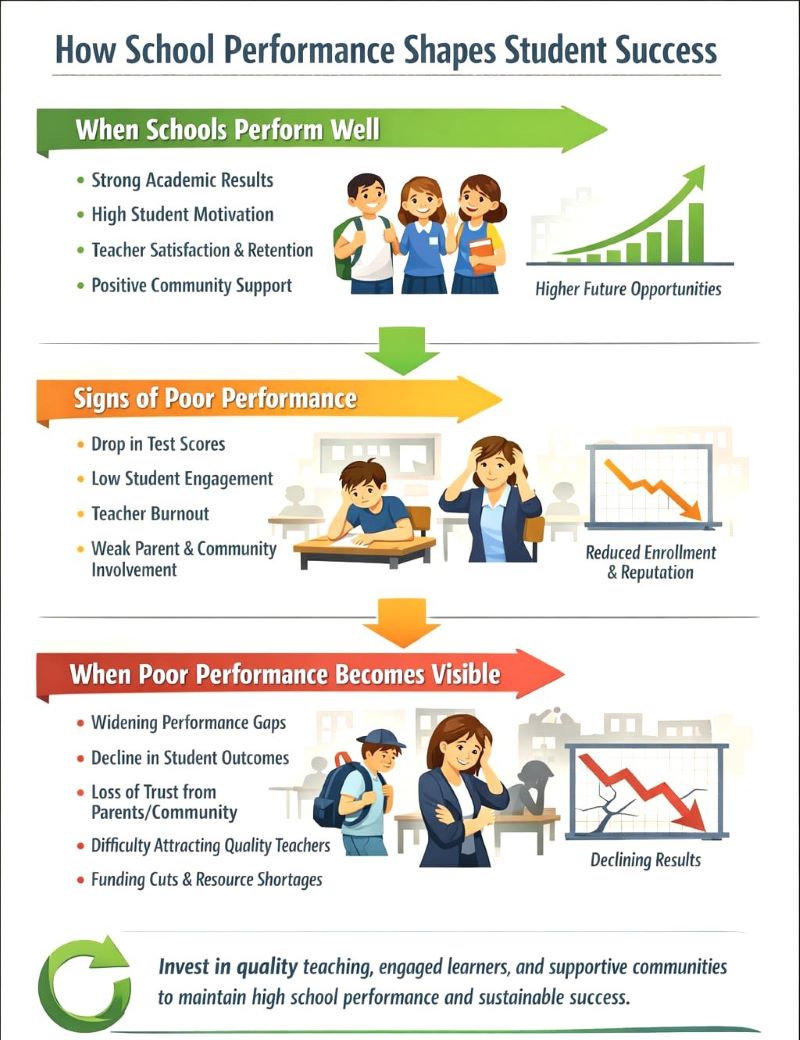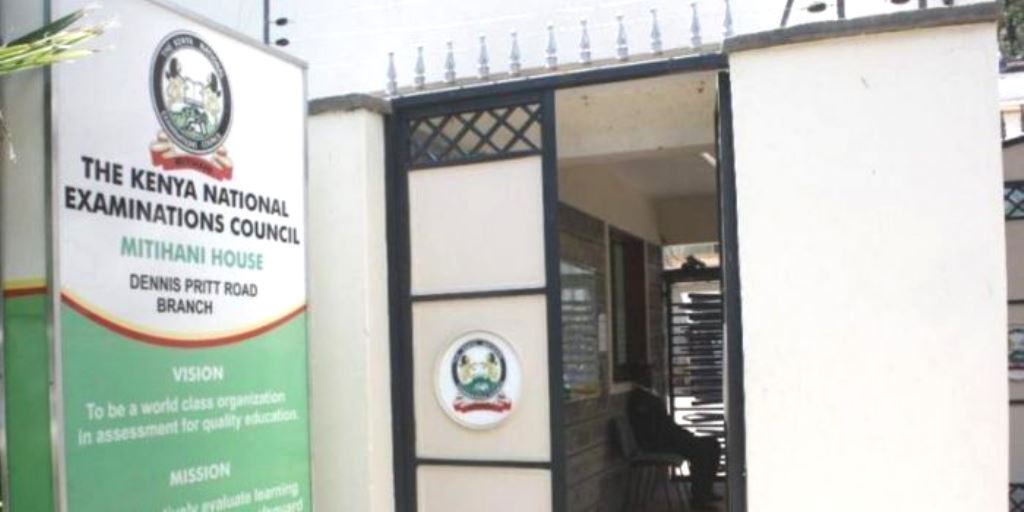By Roy Hezron
Members of Parliament now hold the hopes of thousands of law students as to whether they will receive reprieve from the monopoly of Kenya School of Law (KSL) in offering post-graduate training.
This is after the Cabinet on May 11, 2021 approved the government sponsored bills- The Legal Education (Amendment) Bill, 2020 and Kenya School of Law (Amendment) Bill, 2020 which basically are meant to allow other institutions to offer the post-training programme known as Advocate Training Programme (ATP) and also to review the admission requirements for future lawyers and law practitioners.
The bill- The Legal Education (Amendment) Bill, 2020; want to change Section 8 of the Legal Education Act 2012 in order to expand the mandate of the Council of Legal Education (CLE).
Apart from the current mandate of the Council as stipulated in the mother Act, the amendments seeks to further mandate the Council to accredit legal education providers for the purpose of licensing of the ATP.
This implies that if the Bills get the legislators approval, both public and private universities which will meet the set guidelines and requirements put in place by the Council will be accredited to allow them offer the post-graduate training programme, the ATP which is currently being offered only by the Kenya School of Law (KSL).
In addition, the bill seek to amend Section 8 (3) of the Legal Education Act 2012 by proposing to insert the word “all” immediately before the word “legal” appearing in paragraph (a) so that the new amended paragraph to read: “The Council shall, make Regulations in respect of requirements for the admission of persons seeking to enroll in all legal education programmes.”
This means that the CLE will prescribe admission requirements to all law programmes including ATP, since Section 16 of the Kenya School of Law Act 2012 will be amended to read: “a person shall not qualify for admission to a course of study at the School unless the person has met the admission requirements prescribed by the Council of Legal Education.”
The new Bill now seeks to delete all the sections that mandate KSL to determine admission criteria for instance in Section 16 and Second schedule of the Kenya School of Law Act 2012; and places the role on CLE through the Kenya School of Law (Amendment) Bill, 2020.
Currently, the KSL sets the admission requirement to the ATP, a situation that has put KSL and Law students seeking admission for post-graduate training in continuous court battles.
In 2019, such efforts by the National Assembly through the then Leader of Majority Aden Duale to try and cure the stalemate through Statute Law (Miscellaneous Amendment) Bill 2019 failed to be passed by legislators in the National Assembly.
The miscellaneous amendments were meant to amend among others the Legal Education Act 2012 and Kenya School of Law Act 2012 with an aim of ending the KSL monopoly of the training in Kenya by amending Section 4 of the KSL Act to allow other institutions to offer the programme.
If the amendment could have been passed by then, CLE could have enjoyed the mandate currently being enjoyed by KSL of administering pre-bar examination which is an examination offered to LLB graduates from foreign universities.
Recently, KSL in partnership with Kenya Institute for Public Policy Research and Analysis (KiPPRA) in a report titled Factors Influencing Students’ Performance in the Kenyan Bar Examination and Proposed Intervention dated September 2019, proposed a review in entry grade for those studying law in various Universities.
“An analysis of student high school grades against their performance in the Bar examinations indicates that students with higher high school grades consistently performed better in bar examinations compared to students with lower high school grades,” reads the report.

According to the study, among other factors influencing Students’ Performance in Kenyan Bar Examinations at undergraduate (university) level is the admissions criteria for the Bachelor of Laws (LL.B), where the study find out a strong correlation between students’ performance in the Bar examinations and performance at high school (KCSE, IGCSE, GCE, IB and A level grades).
“An analysis of student high school grades against their performance in the Bar examinations indicated that students with higher high school grades have consistently performed better in the Bar examinations compared to students with lower high school grades,” reads the report.
For instance in 2017, 92.3 per cent of candidates who undertook the ATP and who had high school grades of A passed the examinations in the first sitting, with a further analysis indicating that in the same year, only 44.4 per cent of candidates who undertook the ATP and who had high school grades of C passed the examinations.
The amendments lapsed for unknown reasons. According to former Leader of Majority in the National Assembly Aden Duale “the lawyers within Parliament ganged up to defeat the amendments.”
The good news, however, is that the Cabinet on Tuesday passed the amendments to the Kenya School of Law Act (2012) and the Legal Education Act (2012) which seeks to review the admission requirements of students to all legal training programmes.
The proposed changes are contained in government-sponsored Bills – The Legal Education (Amendment) Bill, 2020 and Kenya School of Law (amendment) Bill, 2020.
The new Bill now seeks to delete all the sections that mandate KSL to determine admission criteria and places the role on CLE.






